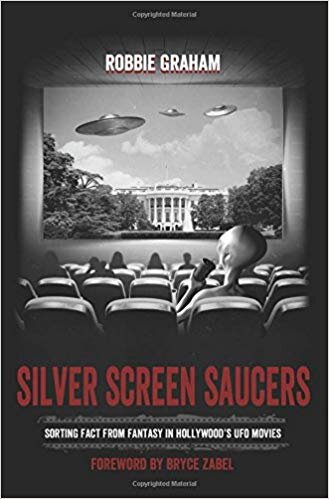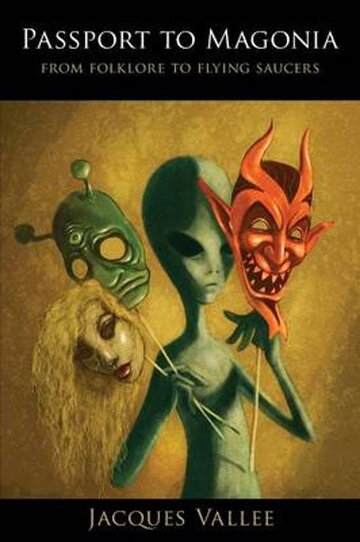D
Derek
Guest
Well in it’s glory days the Paracast certainly did have a great reputation for calling out the questionable claims of known outright scammers/hoaxers - David Biedny in particular was a genius in “holding their feet to the fire” - and Chris O’Brien to a lesser extent. These episodes made for truly compelling listening - and did great service to the field, dismissing and deriding some of those nutters out of any credibility.
But that middle hour episode with Jerome - such an esteemed long standing researcher - just descended into exercise in tedious
semantics really. I think Jerome was very patient. He was very clear too - I’m sure to most listeners.
You’re very loyal to Gene of course - but to dismiss listener GlitteringBadger’s comments thus isn’t really very constructive. Again, maybe consider matters from the perspective of your audience, your consumers?
The show is obviously slipping - don’t let it be doomed to fade into obscurity. Maybe reformat it while you still can - even if it means fewer episodes.
But that middle hour episode with Jerome - such an esteemed long standing researcher - just descended into exercise in tedious
semantics really. I think Jerome was very patient. He was very clear too - I’m sure to most listeners.
You’re very loyal to Gene of course - but to dismiss listener GlitteringBadger’s comments thus isn’t really very constructive. Again, maybe consider matters from the perspective of your audience, your consumers?
The show is obviously slipping - don’t let it be doomed to fade into obscurity. Maybe reformat it while you still can - even if it means fewer episodes.



